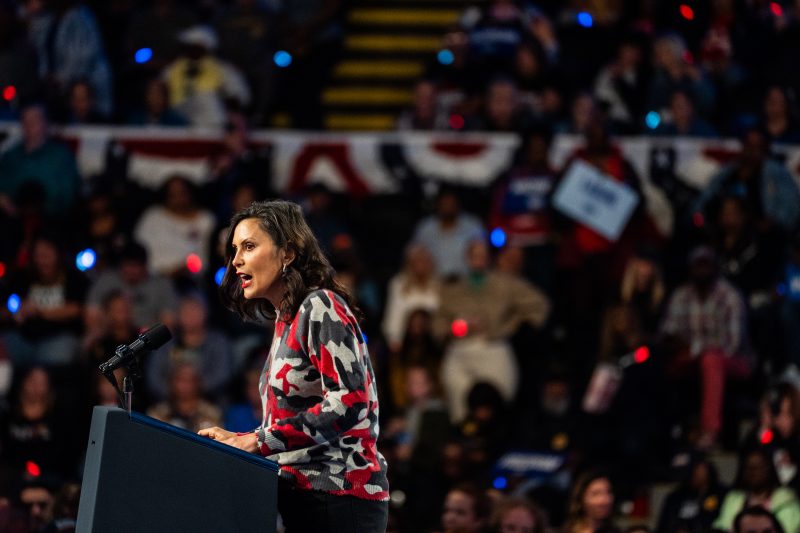In a recent incident that raised eyebrows and sparked controversy among Catholics, Michigan Governor Gretchen Whitmer found herself in hot water following a video that some viewed as mocking the act of receiving communion. Whitmer’s apology for the video came in response to the backlash she faced from members of the Catholic community, who were offended by the clip.
The video in question featured Whitmer holding a bag of Doritos and playfully instructing viewers to partake in communion. While the intention behind the video may have been light-hearted, critics were quick to point out that communion is a sacred sacrament in the Catholic faith and should not be trivialized or made light of in this manner.
In her apology, Whitmer expressed regret for any offense caused by the video and emphasized that she did not mean to disrespect the Catholic community or the sacrament of communion. She acknowledged the importance of religious beliefs and stated that she would strive to be more thoughtful and considerate in the future.
The incident serves as a reminder of the need for public figures to be mindful of the impact of their words and actions, especially when it comes to matters of faith and religion. While it is important to maintain a sense of humor and approachability as a leader, it is equally crucial to show respect for the diverse beliefs and practices of various communities.
Moving forward, it is essential for individuals in positions of power and influence to consider the potential implications of their behavior and communication, particularly in sensitive areas such as religion. By fostering a culture of understanding and inclusivity, public figures can help bridge divides and promote unity among diverse groups, rather than inadvertently causing offense or division.


























